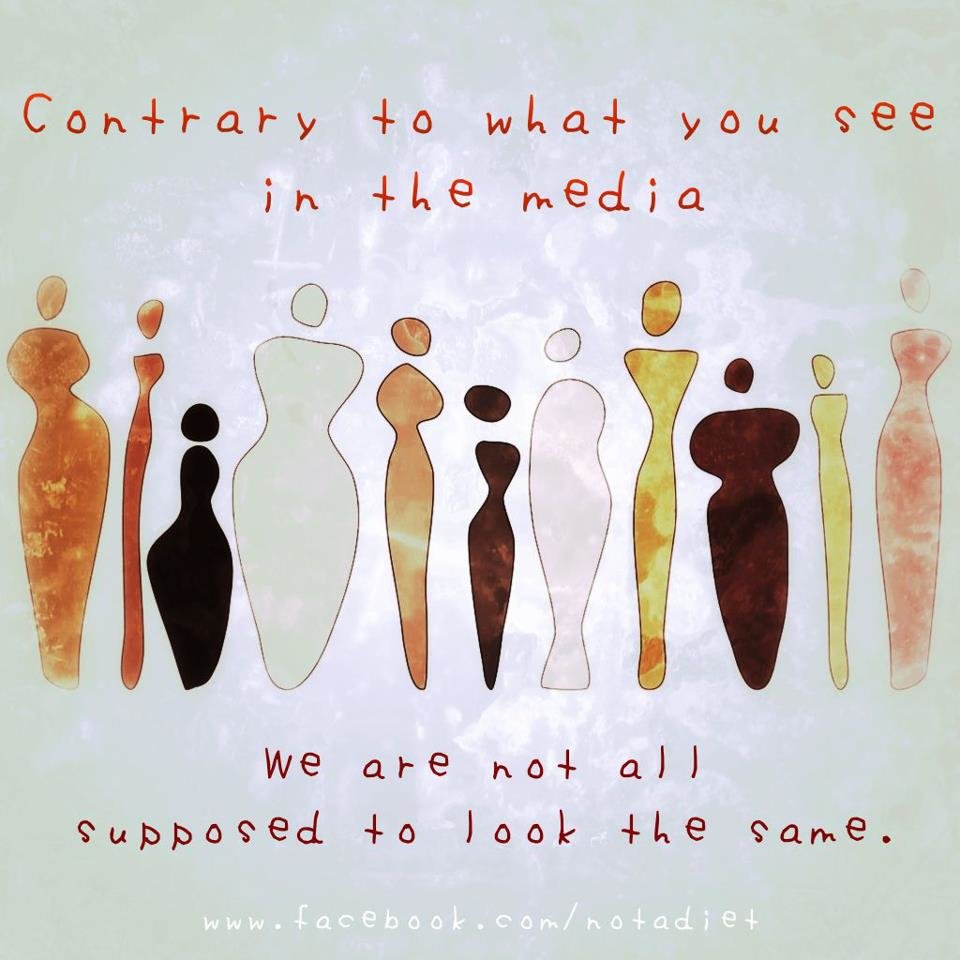 |
| If only we could all sleep like babies! efficientlifeskills.com |
For those of you who don't empathize with my conviction that sleep as one of the most complex and fascinating topics in psychology, this video is for you:
Anyhow, I saw one of those memes that said "If you are in college getting more than eight hours of sleep a night, you're doing something wrong." This seemed kind of silly to me because college isn't about staying up all night--it's about learning, spending time with friends, discovering yourself, making new memories, and of course earning your degree. I guess it's fair to say that if a person sleeps all day every day, then that person won't be successful with accomplishing everything she or he needs to do. However, I'd say that there's a certain threshold you can reach that would make having less sleep impact your performance negatively.
As a lot of you probably already know, I believe that each person should do what's best for herself or himself. It's hard to know the right amount of time you should be sleeping, because each of our bodies functions differently, but I happened to do some of research that is helpful for getting enough sleep. So all I can really do now is compile some options for getting a healthy amount of sleep and feeling more alert and upbeat during all the activities and events that happen throughout the busy day. I hope you find something that fits you. Basically, research on REM sleep has made it possible for ordinary people to drastically reduce the amount of sleep that we need--possibly to only two hours every twenty-four hours!
I. The Monophasic Cycle
This was the first sleep schedule I was exposed to. It's the most standard/common one, so I won't spend a ton of time on it. Basically, there are 24 hours in a day and a well-balanced lifestyle will divide those hours into three portions: one for work, one for play, and one for sleep. Research shows that it's best to get around 7-10 hours of sleep a night because it gives people the right amount of REM cycles. This is probably the most common one and is easiest when it comes to planning things. But some science has been done to find alternatives for those who don't have as much time to sleep, and these are discussed below.
II. The Byphasic Cycle
Basically, you sleep for five hours a night and then take a twenty-minute-long nap sometime after lunch. I personally used this schedule first semester of college because I had several classes that started at 8:00 and would usually not go to bed until 1:00 or 2:00 (AM) doing work and spending time with friends or Skyping or whatever. Now-a-days I alternate between the byphasic and monophasic cycles because my schedule is different and allows me to get to bed early some nights.
 |
| mrwallpaper.com |
III. Napping Cycles
There are a couple other cycles that essentially consist of not having a main block allotted for sleep and instead focus on taking several naps throughout the day. I'm kind of scared of trying these ones for a couple reasons. Firstly, I spend a lot of time on the computer, and looking at the screen that much makes it difficult to fall asleep, and I feel like the whole nap time would be spent trying to fall asleep. Secondly, these cycles are based on staying in the lighter stages of sleep, so I question if these cycles would be healthy in the long-term, since I personally believe that deep sleep is important for the body to recharge. (I don't know anyone who's done this cycle for their whole life, if reported benefits are unique to the few people who try them, etc. The woes that come with uncertainty!) Thirdly, if you miss a nap then you'll be in big trouble, so these sleep schedules require very careful and strict planning; this can be a problem especially with busy days. Fourthly, I like my warm and comfy bed.
But it looks like several people have used these, and if you're interested in trying them out, here they are:
- The Dymaxion Cycle: Four 30-minute long naps a day, five hours apart.
- The Uberman Cycle: Six 20-minute-long naps a day, each three hours apart.
Have you ever tried any of these schedules? Do you think you're getting the right amount of sleep? Let me know in the comments below!
I wish I could write a whole series just on sleep, but this is all for today. To see Part 1 of this series (on Body Image!) click here. And to make sure you receive updates on the next parts of the series, please follow me on Twitter or Bloglovin'! (Or subscribe by email on the right sidebar!) Thank you for reading and I'll see you around next week.
Take care,
-Riley XO






